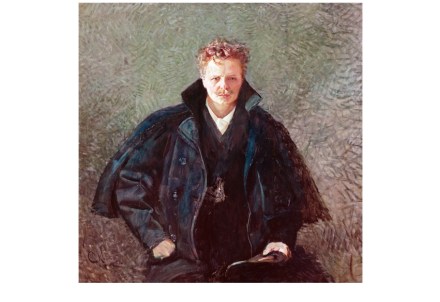The courage of their convictions
HHhH is a prize-winning French novel about a writer writing a novel about the plot to kill the Gestapo boss Reinhard Heydrich. A lot of people reckon it’s a big deal — Martin Amis, Mario Vargas Llosa, me — so naturally there’s a backlash afoot. In a fit of territorial pissing disguised as an interview, Michael Burleigh revealed that Laurent Binet ‘does not even read German’ (which HHhH admits on page 28) and professed surprise that his research failed to take in a Heydrich biography published (as Burleigh didn’t say) almost two years after HHhH first came out. I suppose part of the problem is that Binet asks for trouble




